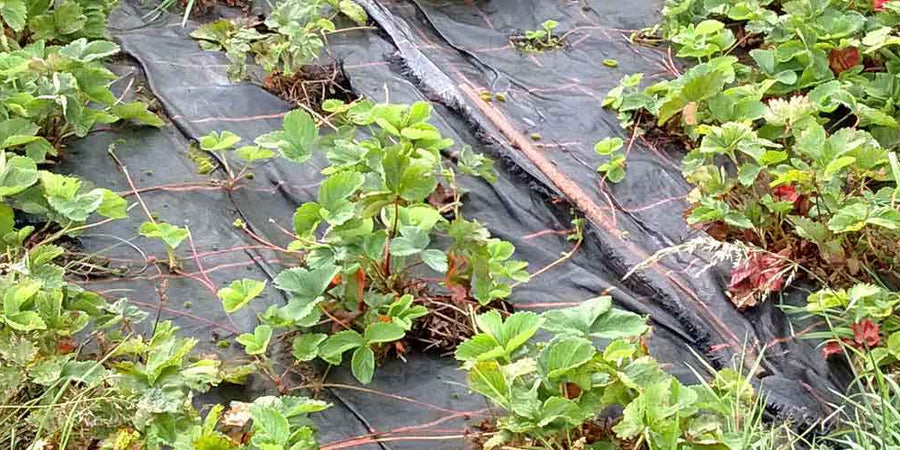As the temperature drops and the days get shorter my thoughts usually turn to hibernation. I look forward to having a few months where there is not too much to do in the garden. For me it’s a time to breathe and relax into the slower pace of the winter months. But before I slow down too much, I always give a thought to the soil in my garden and the ones I teach in.
Winter is the perfect time to reward your soil with some TLC and give it a boost for next year’s growing season.
When we grow crops in soil, we are working it hard by drawing up nutrients and water and disturbing the soil by sowing, planting, weeding and harvesting.
The soil is an eco-system in its own right containing thousands of species of nematodes, bacteria, protozoa, fungi and invertebrate insects as well as feeding birds and animals.
In fact, a healthy soil needs 1,000 different species per gramme of soil. To grow vegetables well we need to boost this ecosystem so that the soil is balanced and healthy; below are five tips on how to nourish your soil over the winter.
Here's my advice. Let's cover 5 of the most common questions on how to improve the condition of your soil during the Winter.




